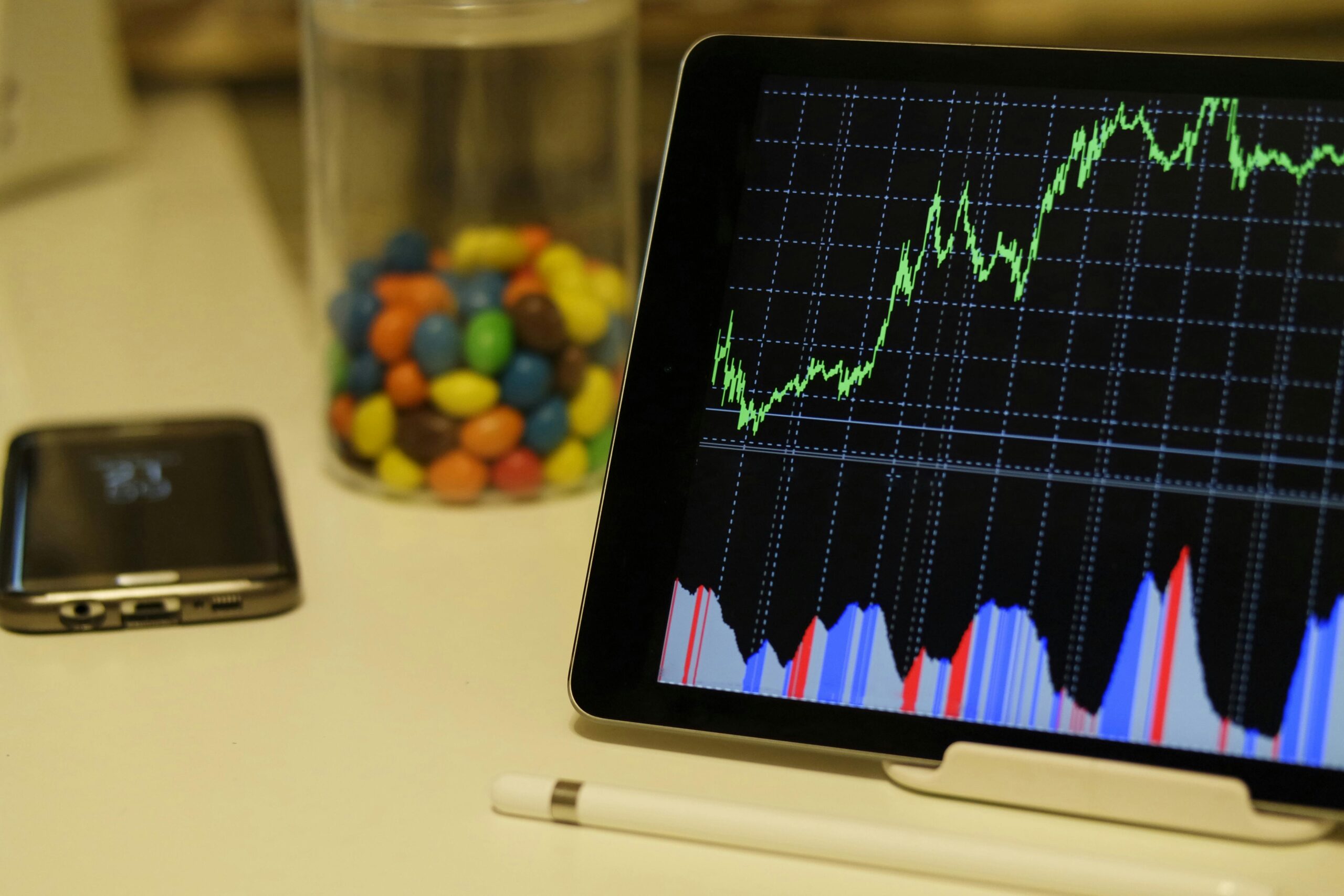Trading in the financial markets is sometimes regarded as a highly analytical undertaking fueled by data, charts, and techniques. Trading decisions heavily rely on emotions; hence, learning to control them can make all the difference between success and loss. The psychological features of trading are investigated in this article, with particular attention to the need for emotional control in attaining long-term success.
The Role of Emotions in Trading
Emotions can be a trader’s closest friend as well as their greatest adversary. Any trader who wishes to understand how emotions like enthusiasm, greed, and fear impact selections should be aware that panic can emerge when a trader considers a loss, resulting in uncertainty and missed possibilities. Greed, on the other hand, can lead to reckless decisions motivated by the prospect of greater revenue without considering the risks.
These emotions can induce traders to act impulsively, jeopardizing their ability to maintain a consistent approach. Effective regulation of these emotions ensures that they do not interfere with logical decision-making and contribute to trading success. can distort reality. As a result, traders struggle to objectively appraise market situations. Recognizing that emotional reactions occur during trading is the first step in learning how to control them.
The Impact of Fear on Trading
One of the strongest emotions in trading is fear, which frequently shapes decisions in negative directions. A trader who is worried about losing money can become unduly cautious and forgo potentially profitable trades. Fear, on the other hand, can cause a trader to exit a deal prematurely, resulting in lost profits. This emotional response is usually motivated by the dread of making a mistake or the loss. Even when the market is still favorable, such concerns can induce a trader to question their analysis.
Traders who want to conquer fear must change their perspective from avoiding losses to one based on risk control. By using appropriate risk management techniques, including following a stated trading plan and establishing stop-loss orders, one can create a sense of security and, therefore, minimize the impact of anxiety on decision-making.
The Dangers of Greed in Trading
Greed is another emotion that might hurt a trader’s performance. It can encourage people to overestimate their abilities and seek quick wealth. Greed can drive traders to abandon their plans and engage in excessive risk-taking in order to maximize trading opportunities. Overtrading, or opening too many positions, is often the result of a trader’s desire to make more money. Greedy traders can be hesitant to accept rewards when they offer themselves because they hold onto positions in anticipation of future gains.
Those who allow avarice to rule their behavior can find themselves ensnared in a boom-and-bust cycle. Establishing and adhering to well-defined profit targets is the key to managing greed. Whether the market advances forward or not, having a defined exit strategy allows a trader to resist the temptation to let greed prevail. Overcoming the hazards of greed in trading requires a disciplined approach.
The Role of Mental Resilience in Trading
Effective traders must be mentally resilient since it helps them to bounce back from mistakes and losses without losing concentration. Long-term trading success depends on one being able to remain optimistic and grow from failures. Resilience enables traders to negotiate market fluctuations, knowing that one loss does not define their capacity. It enables individuals to keep their confidence and keep trading according to their strategy instead of acting impulsively and motivated by bad emotions.
Developing mental resilience means adopting a growth attitude whereby obstacles are seen as chances for personal development. In the cutthroat world of trading, traders who welcome challenges and turn losses into steppingstones toward success are more likely to flourish. Though it takes time, developing resilience can become a great weapon for conquering emotional challenges with practice.
The Value of Seeking Expert Guidance in Trading
Trading can be a complex and emotionally taxing endeavor, especially for those just starting out or struggling with consistent performance. Seeking expert guidance from experienced prop firms is a powerful way to gain clarity, develop skills, and enhance decision-making processes. Experienced mentors or professional trading coaches can provide valuable insights into market behavior and offer strategies for managing emotions effectively.
Expert guidance is particularly valuable in understanding how to approach trading with discipline and consistency. Mentors can help traders refine their strategies, analyze their mistakes, and develop a mindset focused on growth and resilience. By leveraging the knowledge and experience of seasoned professionals, traders can accelerate their learning curve and build confidence in their abilities, ultimately paving the way for long-term success in the markets.
Conclusion
The psychology of trading is an important factor that can decide a trader’s success or failure. Decision-making can be greatly influenced by emotions, including fear, greed, and overconfidence, causing expensive blunders. But by learning to control these feelings, traders can approach the markets more deliberately and objectively. A good trade attitude consists mostly of emotional self-control, resilience, and mindfulness. Managing psychological issues becomes much more crucial for individuals working in prop companies since the stakes are bigger.
